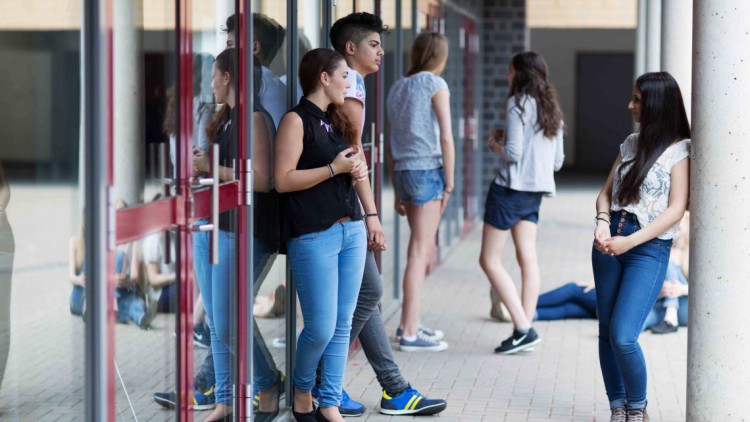Young workers are the most affected category in the economic crisis caused by COVID-19. More than one in six young people lost their jobs
The ILO’s latest analysis of the labour market impact of COVID-19 exposes the devastating and disproportionate effect on young workers, and analyses measures being taken to create a safe return to work environment. More than one in six young people have stopped working since the onset of the COVID-19 pandemic, while those who remain employed have seen their working hours cut by 23 per cent, says the International Labour Organization (ILO).
According to the ILO Monitor: COVID-19 and the world of work, an ILO analytical publication, youth are being disproportionately affected by the pandemic, and the substantial and rapid increase in youth unemployment seen since February is affecting young women more than young men. The pandemic is inflicting a triple shock on young people. Not only is it destroying their employment, but it is also disrupting education and training, and placing major obstacles in the way of those seeking to enter the labour market or to move between jobs.
Before the crisis, more than 40% of young people worked in sectors that are now severely affected: tourism, transport, food services and retail. Three quarters of young people worked without a contract and therefore had minimal protection in the case of job loss.
“The COVID-19 economic crisis is hitting young people – especially women – harder and faster than any other group. If we do not take significant and immediate action to improve their situation, the legacy of the virus could be with us for decades. If their talent and energy is side-lined by a lack of opportunity or skills it will damage all our futures and make it much more difficult to re-build a better, post-COVID economy,” said ILO Director-General, Guy Ryder.
The Monitor calls for urgent, large-scale and targeted policy responses to support youth, including broad-based employment/training guarantee programmes in developed countries, and employment-intensive programmes and guarantees in low- and middle-income economies.
The ILO reiterates its call for action to support workers and enterprises in the four-pillar recovery strategy: stimulating the economy and employment; supporting businesses, jobs and income; protection of workers at work; development of social dialogue.
According to ILO’s data, half of the world’s workforce – about 1.6 billion people – has been affected by the coronavirus pandemic. It is estimated that in the second quarter of 2020, the number of those who lost their jobs was about 305 million people.
Department of mass-media and international relations of CNSM



